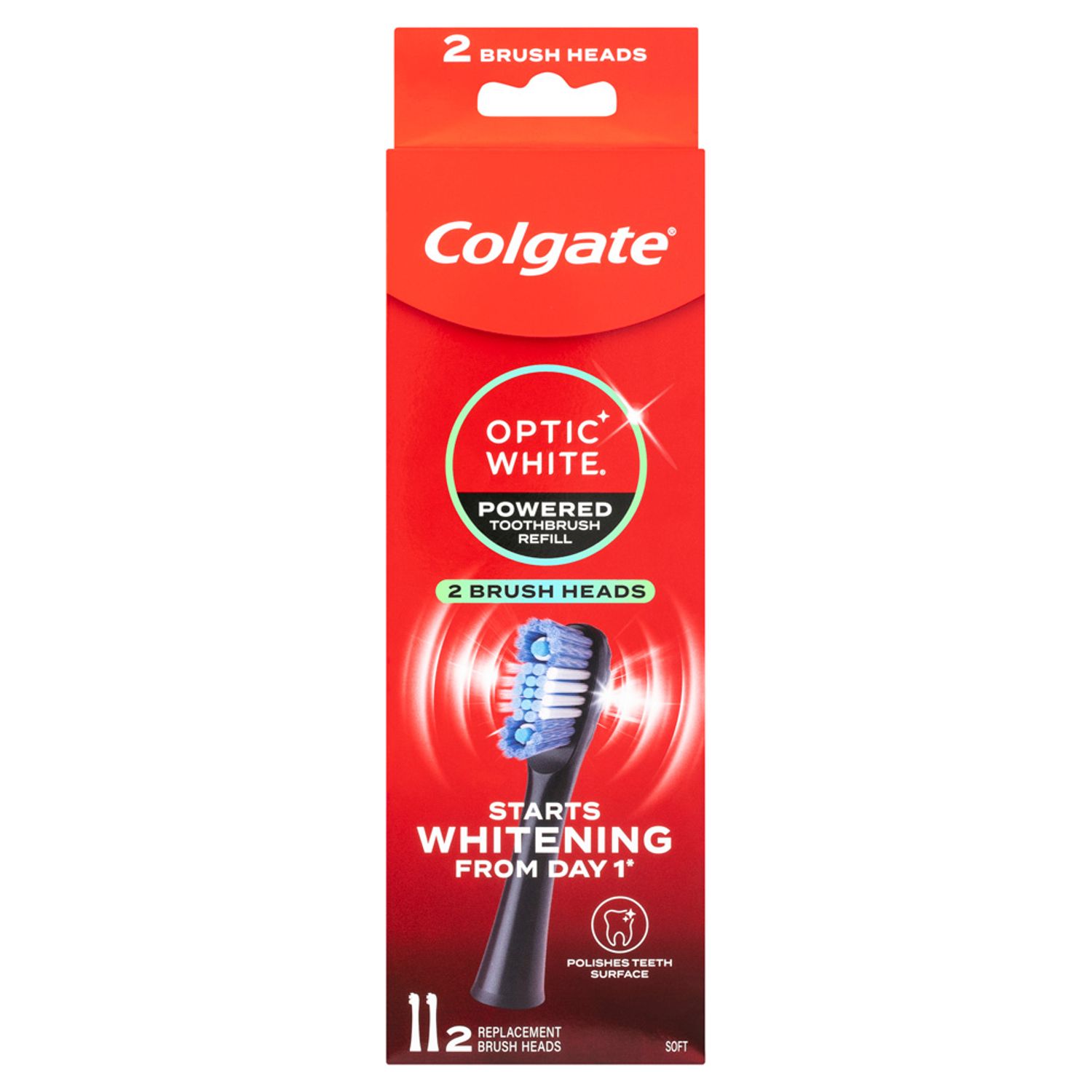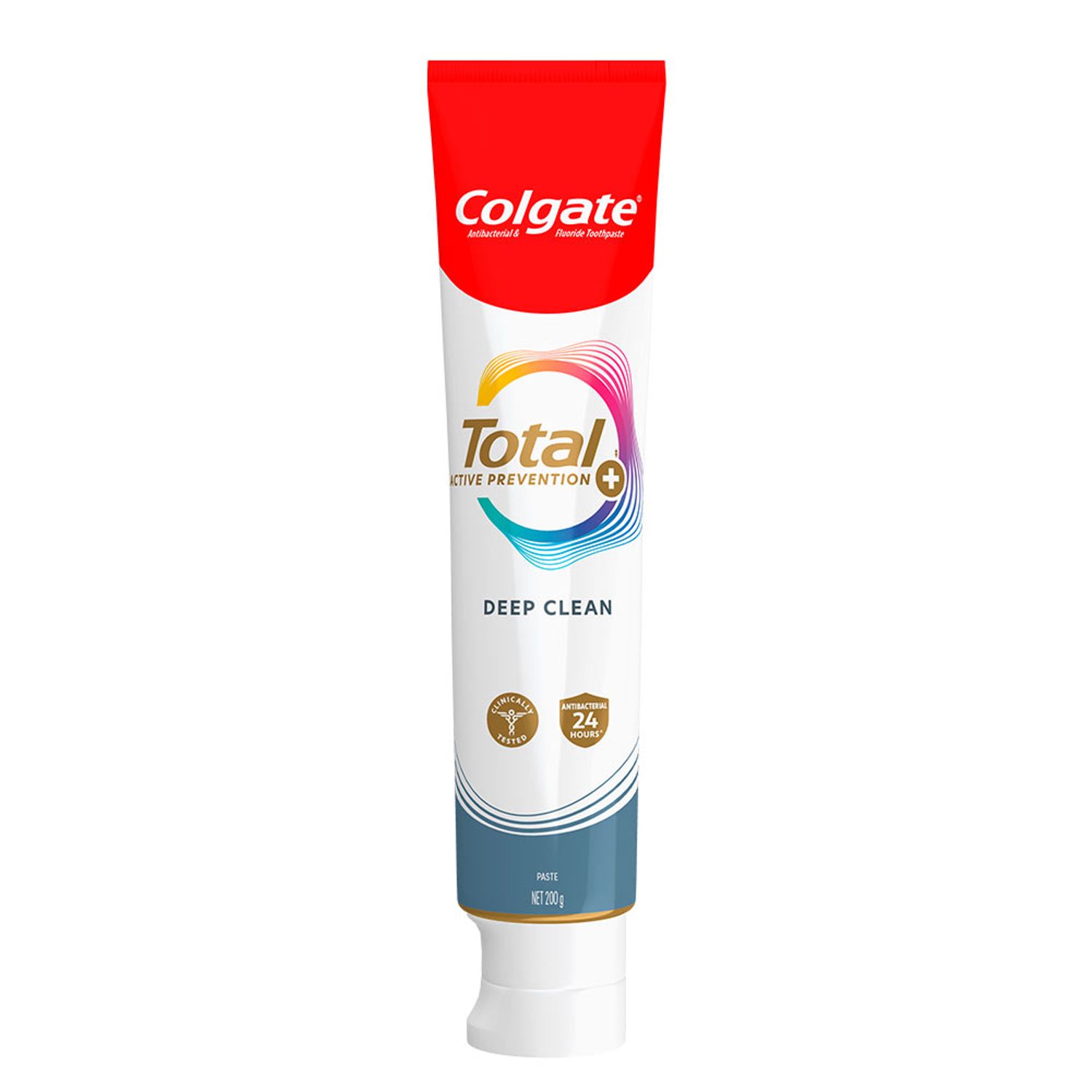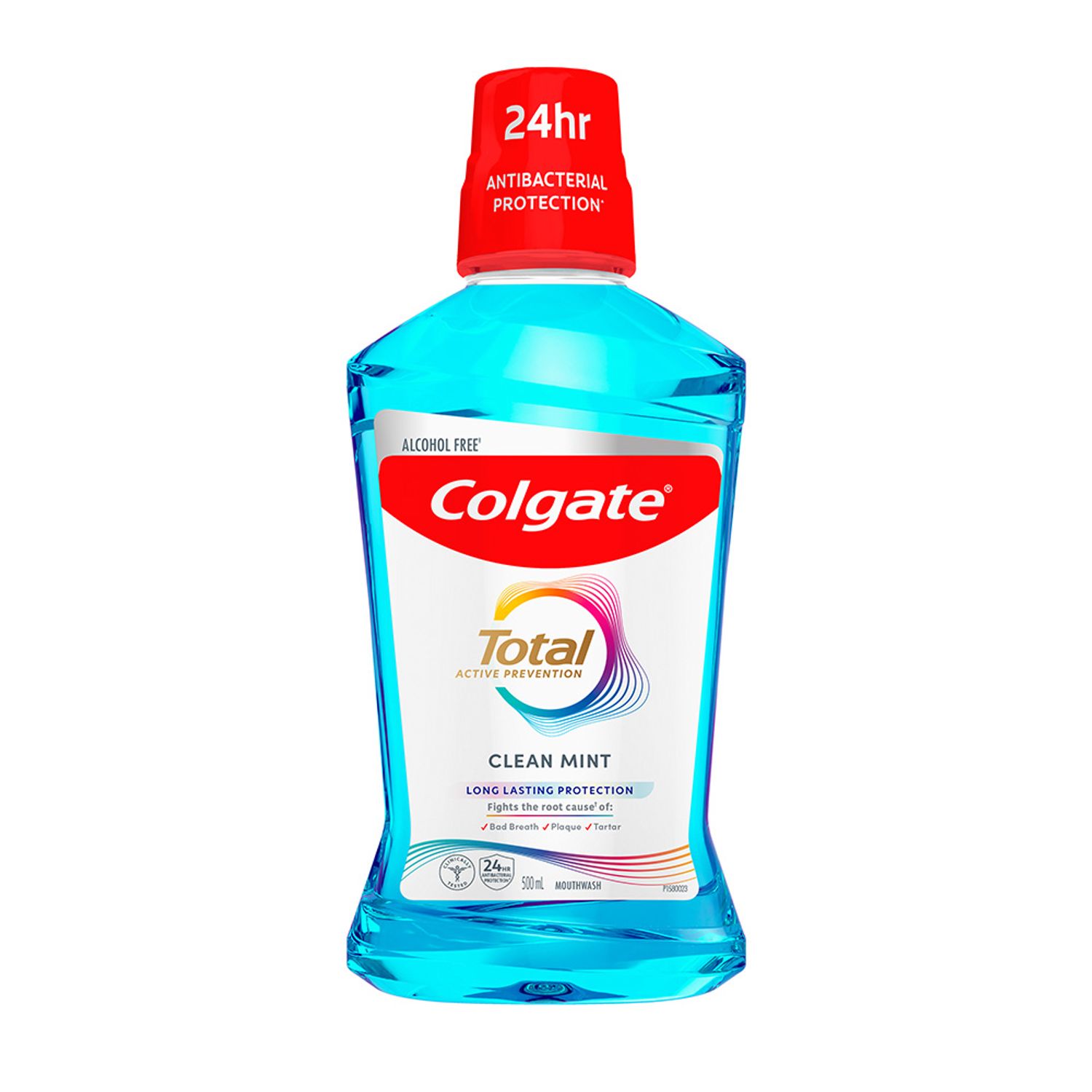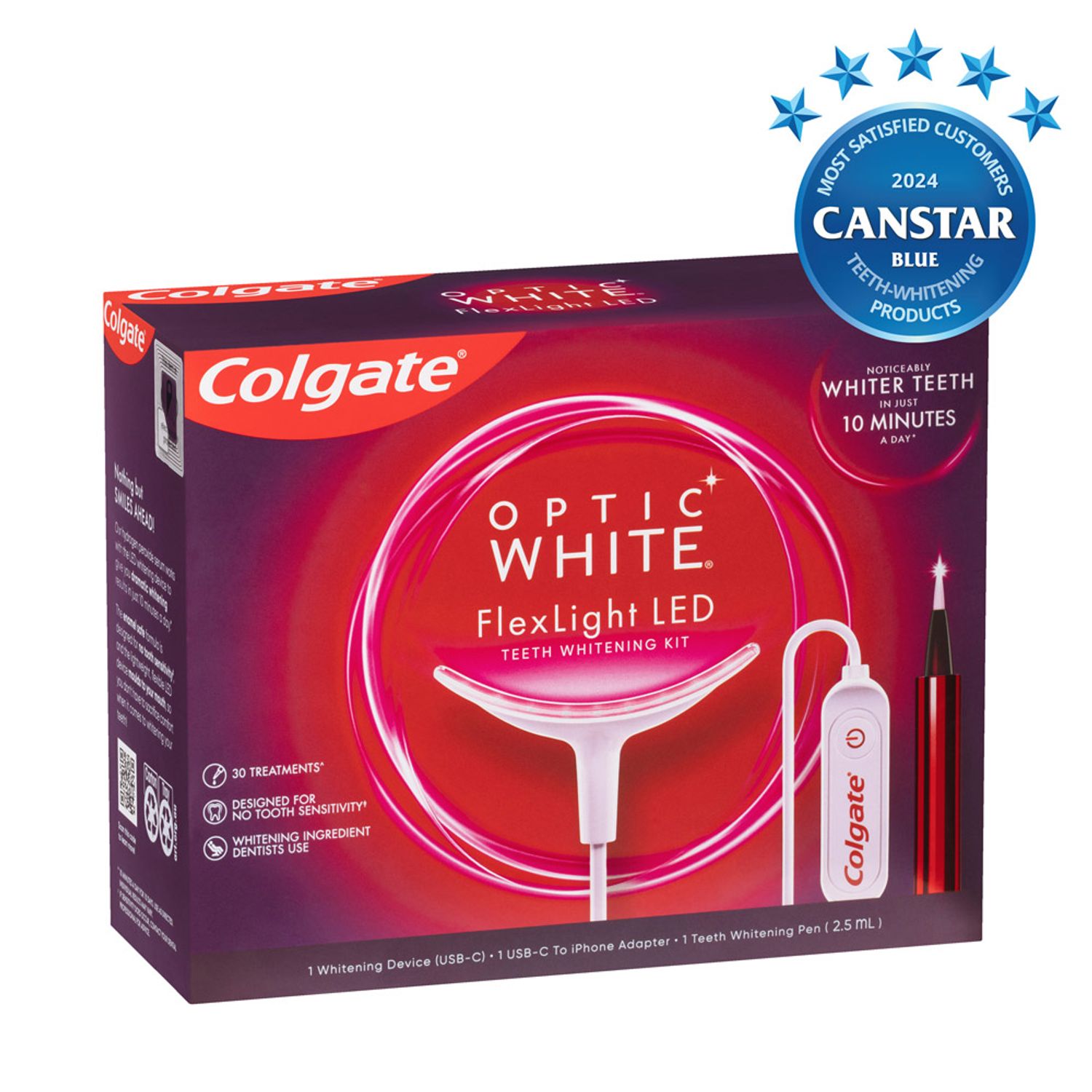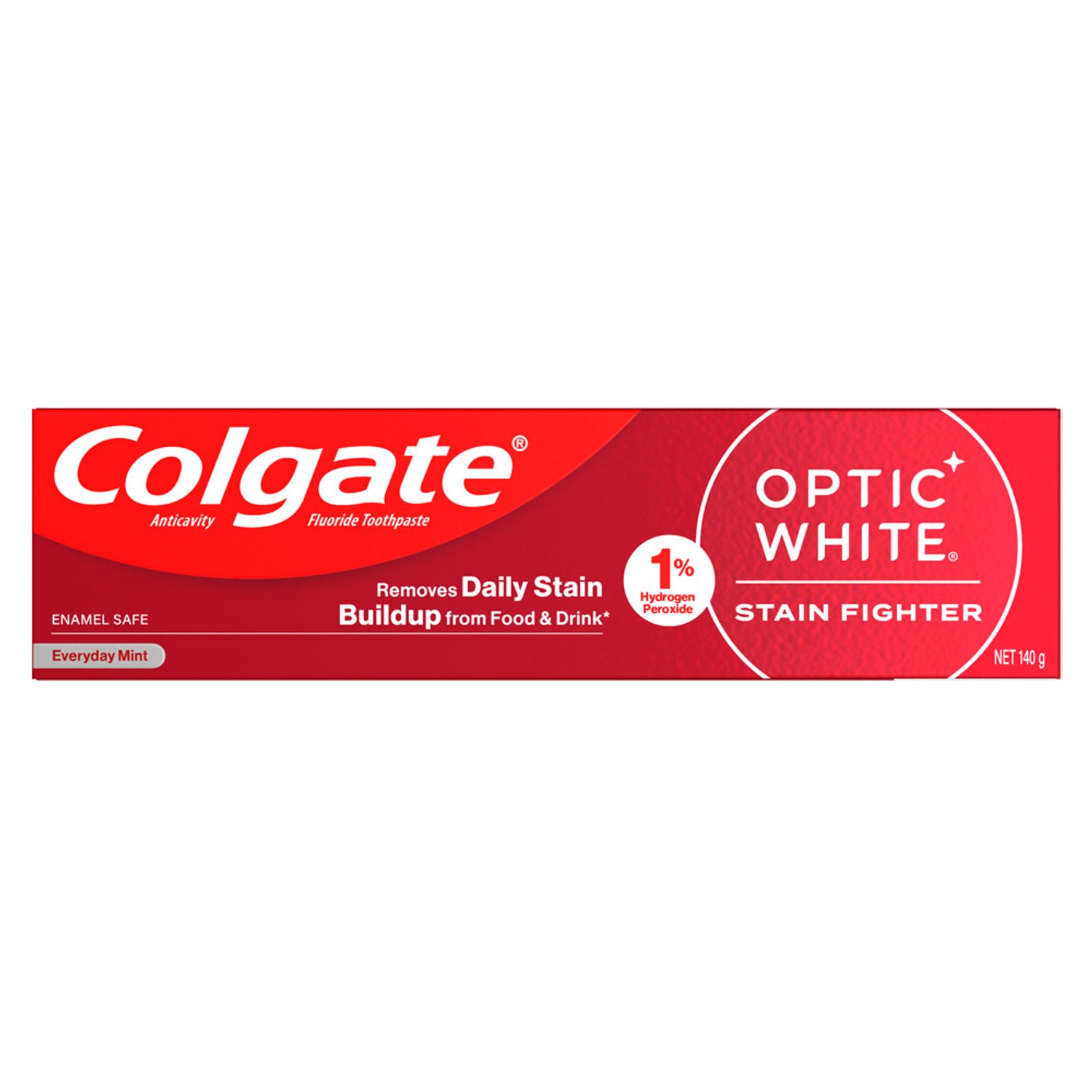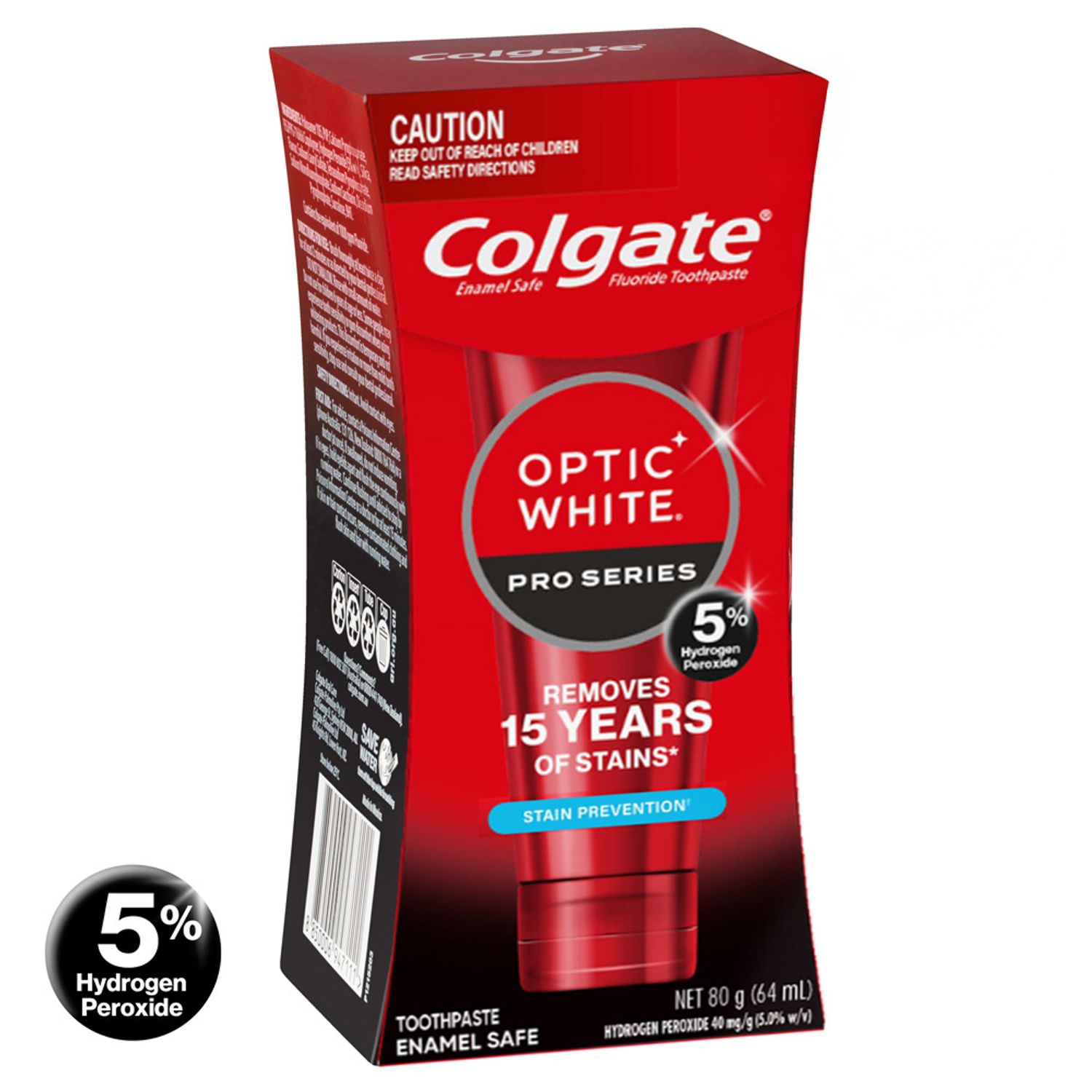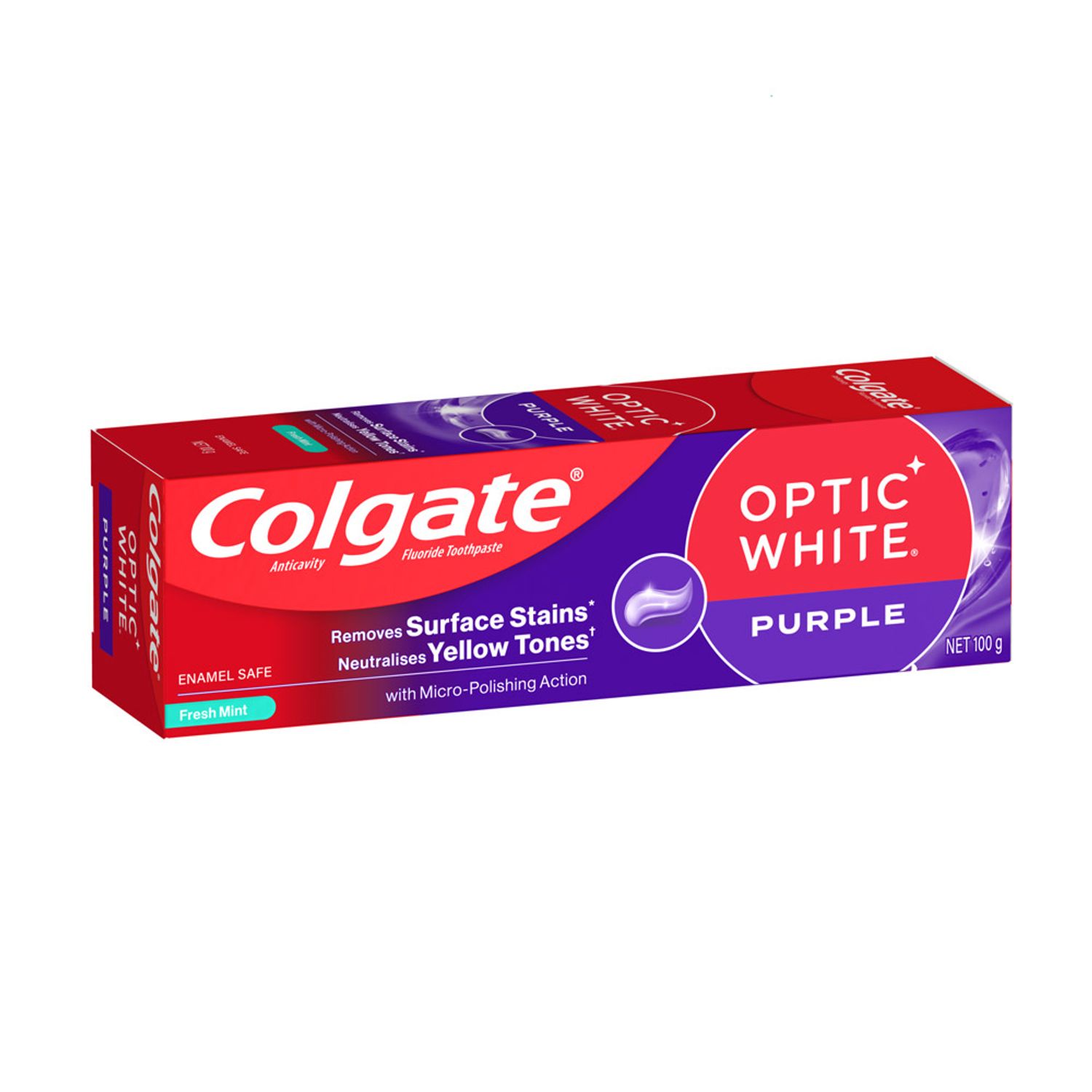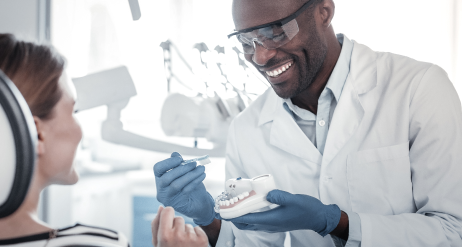1. Cosmetically Active Ingredients
Whitening toothpastes work in one of two ways: stain removal or bleaching. They each achieve results using different active ingredients.
Surface Stain Removers
Whitening toothpastes that remove surface stains essentially work by polishing the teeth with abrasive active ingredients.
If your teeth are stained from tea, coffee or red wine, for example, such a toothpaste can help to gently buff away the surface discolouration and improve the colour of your smile.
Bleaching Agents
Some whitening toothpastes and gels lighten the teeth with bleaching agents, such as hydrogen peroxide.
These ingredients penetrate deep into the teeth to remove the molecules that cause discolouration and lighten the dentine inside the tooth. They can also give a brighter appearance by making the enamel surface more reflective.
While toothpastes with bleaching agents typically give quicker and better results than other whitening toothpastes, they can also lead to tooth sensitivity and gum irritation.
2. Sensitivity
Some people experience sensitivity when using whitening toothpastes. If your teeth and/or gums feel sore after you use a whitening toothpaste, consult your dental professional for advice.
3. Enamel Protection
Strong enamel makes it more difficult for stains to penetrate and discolour your teeth, so protecting your enamel can help to keep your smile bright and white.
Toothpastes and mouth rinses containing fluoride can protect your smile by helping to re-mineralise and fortify the tooth enamel. Colgate Australia sells Colgate Optic White Enamel White, with high fluoride content to support your enamel.
5. Safety and Effectiveness
While whitening toothpastes and home whitening products are generally safe, some ingredients may not be suitable for everyone. You should also consider that certain types of discolouration respond differently to whitening treatments.
Health Direct points out that whitening toothpastes and other products will not work on existing crowns, veneers or fillings. This may lead to uneven colouration on visible teeth, so your dentist may recommend a different treatment to achieve the desired results.
The ADA agrees that your dentist is best-qualified to advise on teeth whitening. With this in mind, it’s always wise to consult your dentist first to determine if your chosen teeth whitening option is safe and suitable for you.
This article is intended to promote understanding of and knowledge about general oral health topics. It is not intended to be a substitute for professional advice, diagnosis or treatment. Always seek the advice of your dentist or other qualified healthcare provider with any questions you may have regarding a medical condition or treatment.
